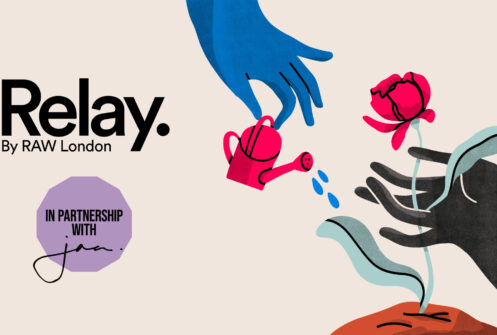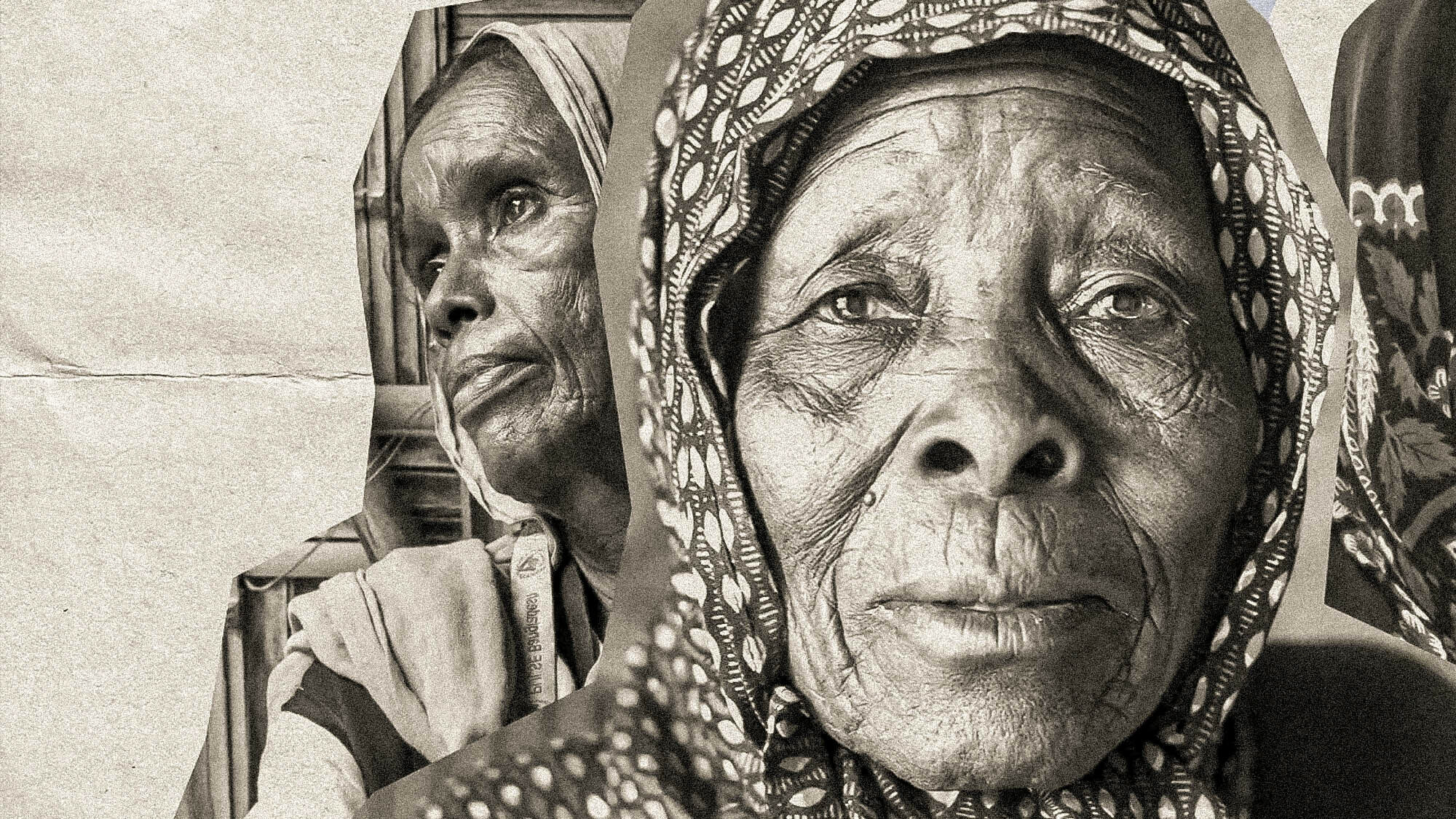

The British public is no stranger to fundraising appeals linked to natural disasters. From earthquakes to famine and drought, the past century has seen hundreds of charities reaching out with a rallying cry, asking us to dig deep and show our support for communities whose homes and lives have been destroyed.
And we have, rightly. But in more recent years, the narrative behind these emergencies has started to address the root cause – climate change.
An increase in natural disasters is being driven by the world’s richest and highest-polluting countries, including the UK. Developed countries are thought to be responsible for over 70% of historical carbon emissions, and yet it is the worlds’ poorest communities who are paying the highest price. According to the World Bank, climate change has the potential to push an additional 132 million people into extreme poverty by 2030.
In fact, some scientists think that we may have entered a completely new geological era: the Anthropocene, or the age of humans, which means that we are the first people to live in an age defined by human choice, in which the dominant risk to our survival is ourselves.
Climate poverty isn’t a new thing, but where fundraising appeals once focused on those affected as victims of nature, the narrative has begun to shift. More and more organisations are recognising that raising money from individuals is only part of the solution, and that responding to one disaster at a time will not create the change that is needed for a sustainable and safe future. Now, more than ever, organisations are asking their supporters to join them and fight for climate justice, for the long term.
In the lead up to Climate Week and COP26 this autumn, charities and campaigning organisations are calling on governments and businesses to do better and take responsibility for the suffering that climate change is causing. And, even better, they’re joining forces.
The Crack the Crises coalition has seen over 70 organisations come together to tackle the biggest issues our world is currently facing, including climate change. Their policy recognises that “all of us have a role to play through the choices we make […] but individual action is not enough. We, as citizens, need to push our leaders to act now.”
The onus is shifting from the individual giver as individual saviour of the problem to individual playing an integral part in the fight against it. There is hope, in the solution of joint action in a world where none of us are safe until we’re all safe.
Whilst our donations are still urgently needed, it’s empowering to see charities rallying their supporters to do more than give, to harness the power of their voices and actions as well as their generosity.
So get involved, share, march, sign, donate and volunteer. Your power is bigger than your purse strings.